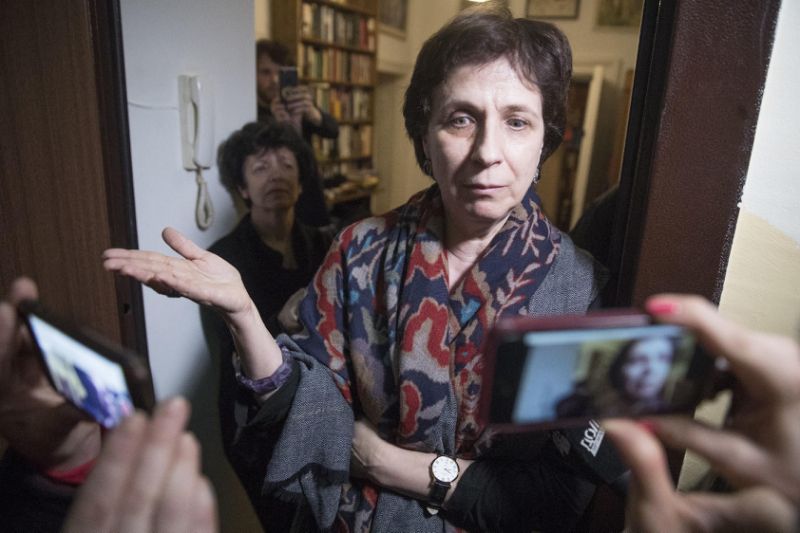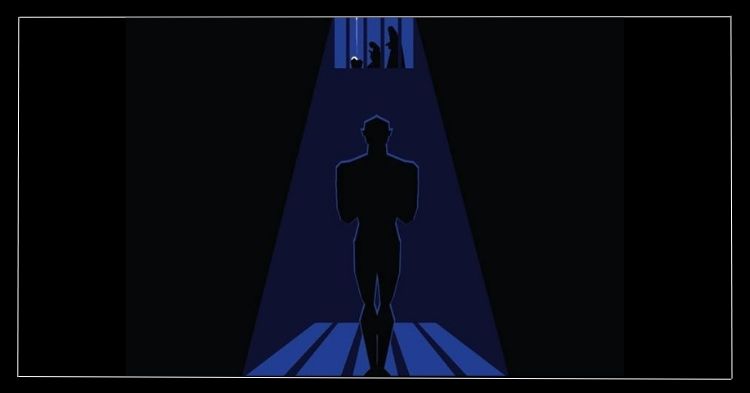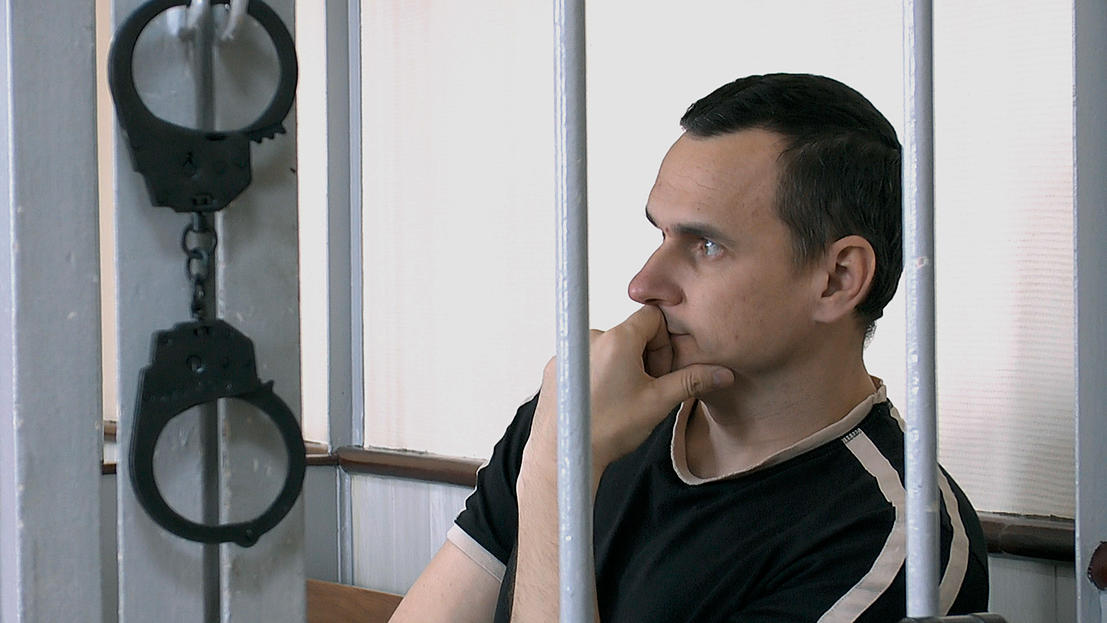Russia’s authorities continue their systematic attack on those who selflessly defend the rights of others in the face of injustice.
Svetova defends Ukrainian hostages of the Kremlin
Zoya Svetova is the person who located a number of Ukrainians imprisoned by Russian security officers on political grounds. In October 2016, during her monitoring visit to the FSB-controlled Moscow Lefortovo jail, she found out the whereabouts of the Ukrinform correspondent Roman Sushchenko, who had been arrested on a private visit to the Russian capital. Soon she discovered that the mutilated hostages Yevhen Panov and Andriy Zakhtey, secretly taken from Crimea where they had been forced to confess of “sabotage,” were held in the same jail. Earlier she had visited Lefortovo many times to see other Ukrainian political prisoners, Oleg Sentsov, Yuriy Soloshenko, and Oleksiy Chyrniy, talked to them and told the world about their affliction. She published the testimonies of terrible torture Russian investigators used against the Ukrainians Hennadiy Afanasyev, Yuriy Yatsenko, Mykola Karpiuk, and Stanislav Klykh. In the summer of 2015, it was also she who found Klykh in a jail in Russia’s North Caucasus, after the ten-month distressful uncertainty about his fate. Back in September 2014, Svetova joined the appeal of the Russian intelligentsia against the Kremlin’s aggression in Ukraine. Its signers argued that a dictatorship of fascist type, similar to the regimes of Mussolini in Italy and Franco in Spain, was emerging in Russia. They demanded the Kremlin withdraw the Russian army from Ukraine, stop supporting the separatists and end the propaganda hysteria in Russian media. The statement stressed the need to cease the persecution of those not agreeing to the invasion of Crimea and Donbas and investigate the war crimes committed by the Russian leadership in the international court. Along with well-known artists, academics, writers, journalists and human rights activists, the statement was signed by the Russian opposition leader Boris Nemtsov, murdered several months later. The search of Svetova’s apartment on Monday, 28 February 2017, wasn’t the only one in Moscow: the ‘law enforcers’ came also to Yelena Abdullaeva, the coordinator of the network Gulagu.net. Her project, whose name calls to prevent the second edition of the Stalinist repressive machine, investigates rights violations and torture against prisoners and seeks to dismiss and punish the implicated jailers. More than 14,000 human rights activists and volunteers across Russia are involved in this network.In Russia, every person who is engaged in journalism or human rights activities, is doomed: sooner or later one will have a search or will be arrested.
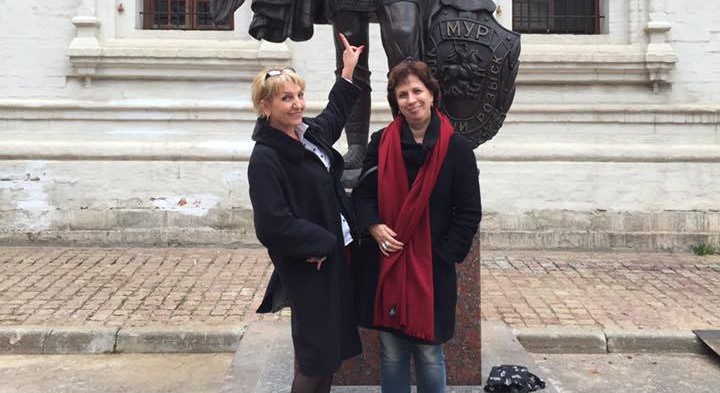
“In Russia, every person who is engaged in journalism or human rights activities, is doomed: sooner or later one will have a search or will be arrested.”During the search on February 28, the unwanted guests tried not to let Zoya’s lawyer in the apartment and were rude towards her daughter. The reporter of Dozhd TV channel who arrived on the scene was threatened with “tough guys,” as the detective put it. “When he said that, I recalled all the stories people told on being detained by FSB operatives and tortured. Remember Oleg Sentsov and Hennadiy Afanasyev?”: Svetova refers to the Ukrainians who were tortured to extract the needed false confessions. Russian “tough guys,” she adds expertly, can do anything to you. Svetova warned the arrogant security officers:
“You are completely devoid of imagination and thus you cannot imagine that the same once happens to you.”The men, however, seemed to believe that their backs would be well-protected in the future.
History repeating
In Zoya’s family archive, an FSB operative found the minutes of the search conducted in her parents’ flat thirty-five years ago, in 1982. Strikingly, he recognized the familiar names of the colleagues in the historical document. Zoya was almost sure that those people had passed away or at least been long forgotten. But she was wrong: the KGB veterans outlived her late parents, Soviet dissidents Feliks Svetov and Zoya Krakhmalnikova.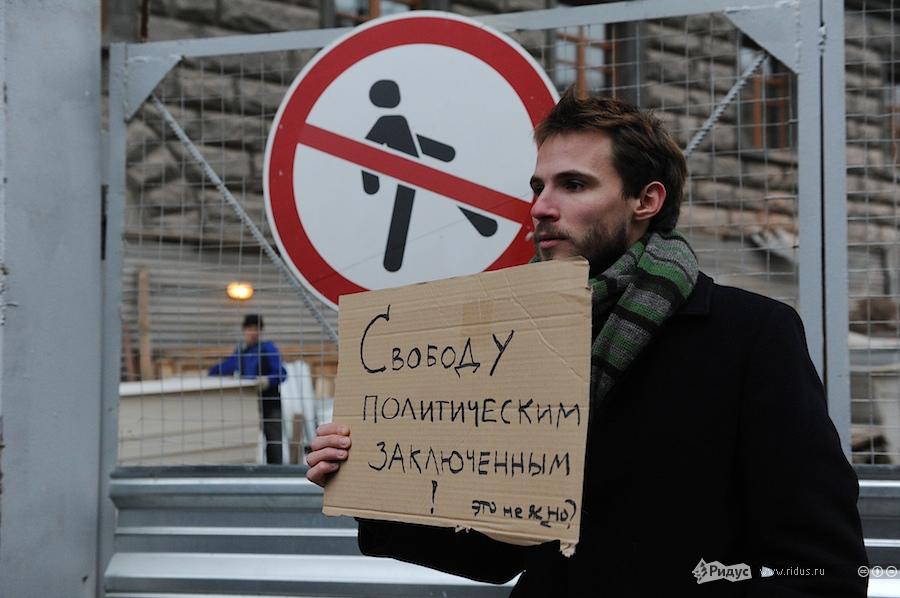
Trending Now
A dissident family
It is worth noting that Svetova’s three sons, Filipp, Timofey, and Tikhon Dzyadko, are also well-known journalists whose professional paths are linked to the non-governmental media: Dozhd and RTVi channels, Ekho Moskvy radio, Forbes magazine and RBC media holding. The eldest son Filipp experienced the first search in his life in 1982 when he was four months old (minutes of this very search the FSB would find in 2017). KGB operatives rummaged little Fillipp’s cot looking for banned books by the dissident writer Alexander Solzhenitsyn. His grandmother, Zoya Krakhmalnikova, was arrested then and got a year in jail and five years of exile in Siberia. Grandpa Feliks was arrested on 23 January 1985, the day when Zoya Svetova gave birth to her middle son, Timofey. Feliks Svetov was imputed the “slander” of the Soviet regime via his human rights texts, where he wrote that “innocent people are being thrown in prisons.” The Moscow City Court, presided by the judge Vyacheslav Lebedev, sentenced Feliks to five years of exile. Lebedev is currently the Chief Justice of the Russian Supreme Court.
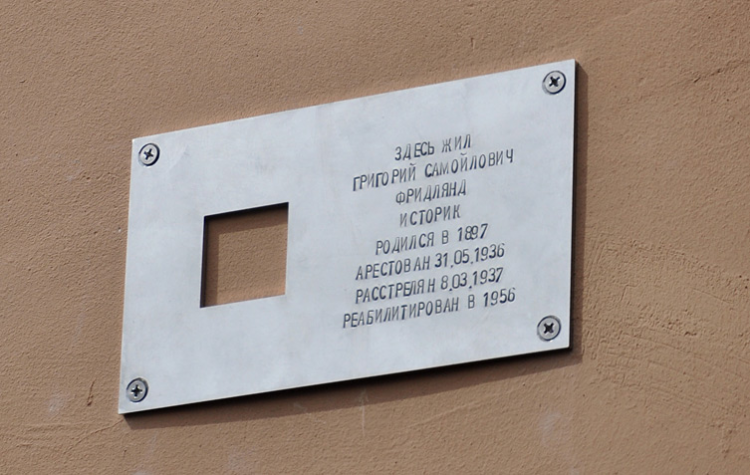
“Maybe this is how our country lives and develops: the swing carries us all the time either to the right or to the left up to the stop. This is an extreme country. Perhaps this dreadful swing is starting a new sweep. For me this search is, of course, a terrible sign,”the Russian writer Lyudmila Ulitskaya comments on the raid at Zoya Svetova’s in 2017. The latest news look like the “sign of a new time” also for Svetova’s friend Liya Akhedzhakova, the renowned film and stage actress and ardent critic of Putin’s aggression in Ukraine. She notes that in Russia now everyone should seriously study “What to Do in Case of a Search” manual and write down the phone numbers of lawyers—on the off-chance.
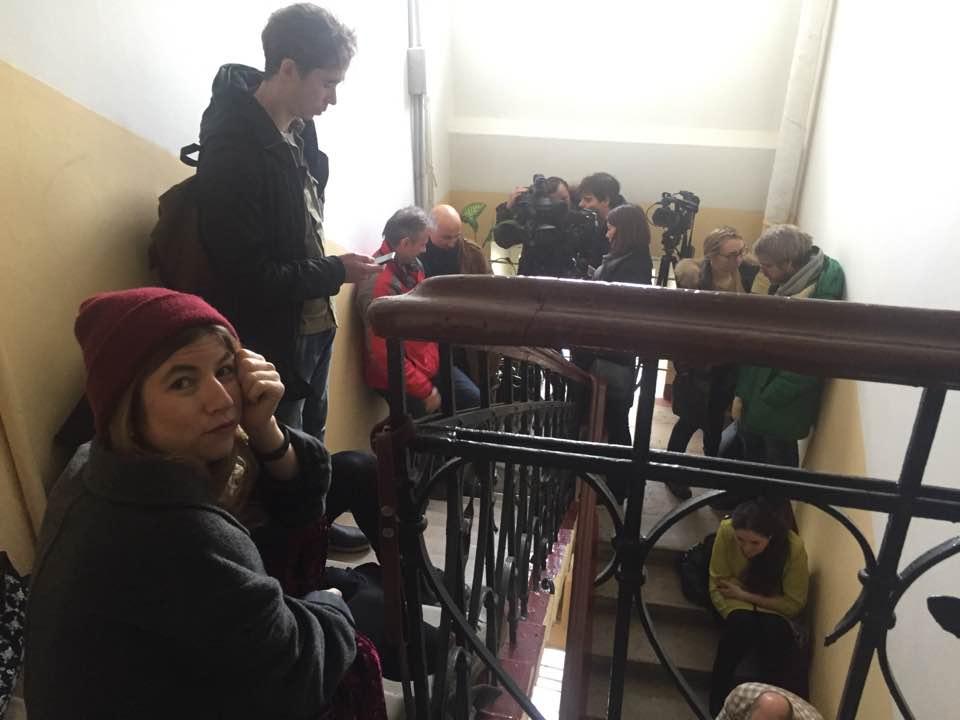
“The most flagrant thing is that they [detectives and FSB] came today to the person of absolute moral purity,”says the writer Lev Rubinstein, who, along with Ulitskaya and other friends and colleagues, came to support Zoya Svetova on February 28. The next day, more than fifty reputed human rights activists, journalists, and artists issued a statement in defense of Svetova and Yelena Abdullaeva. Svetova was struck by these spontaneous manifestations of solidarity. Meanwhile, her lawyers plan to appeal against the violations committed during the search both in Russian courts and the European Court of Human Rights. Zoya’s youngest son, journalist Tikhon Dzyadko goes further with mother’s prediction—that once the officers who searched her may become victims of the persecution system they serve now. Then, they will be the first to ask her for help, he writes. “And she will definitely help.” [hr]Here are some articles wouldn’t have appeared without Zoya Svetova:
- Lawyer: Karpiuk was tortured the most. They needed a case against a real banderite
- Tortured, threatened with death, but unbroken: Kremlin hostage Vyhivskyi | #LetMyPeopleGo
- The case of Soloshenko: how Russia accused a 74-year old Ukrainian pensioner of spying
- Afanasyev and Soloshenko: How the FSB breaks prisoners
- Moscow’s mistreatment of Ukrainians in Russian prisons prompting Kyiv to act
- Russian soldiers’ mothers group helping 7,000 soldiers and family members every year

